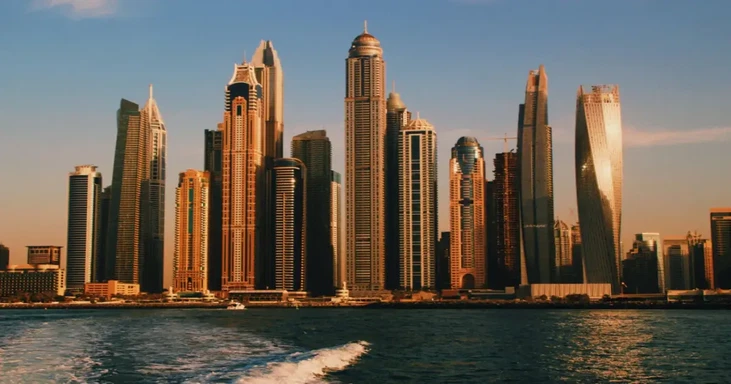
Pros and Cons of Investing in Commercial vs Residential Properties
Published :
Last Updated :

Published :
Last Updated :
The property market in Dubai has continued to remain attractive to international investors with very competitive returns on rentals globally. The city is first among the renowned investment havens, given its zero property tax, the presence of a solid pool of expats, and ever-present market demand on both the real estate and business fronts.
The big question, though, is whether you should invest in commercial property or in residential property? The following guide summarises the advantages and disadvantages to enable investors to determine which would be the smartest choice to make in the dynamic property market of Dubai.

Dubai possesses a huge expatriate population, which continually pushes prices up for rental houses. Whether it is Studio apartments for young professionals or luxury villas for families, there is no lack of occupancy in various types of properties. This will guarantee investors with a steadfast rental income at significantly reduced vacancy risk when compared to the other international markets.
In Dubai, residential properties are much easier to sell than commercial ones. The apartments, townhouses and villas attract both end-users and investors, which puts sellers in a good position for buyer entry. Such increased liquidity makes it possible to allow investors to sell out their investment more quickly in case of need.
Real estate in Dubai is offered in different forms, including low-cost studios as well as luxury real estate that provides villas in popular areas, such as Palm Jumeirah or Downtown. Such variety gives the investors an opportunity to select according to their budget and objectives. The entry-level units tend to produce good returns, and at the same time, the luxury properties are the properties that give rise to capital gains in the long term.
Dubai banks have readily available opportunities for residential buyers, such as expats’ mortgages. Financing gives the investors an opportunity to cut down the initial expenditures and maximise profits. Residential property becomes a pocket-friendly venture to most people because of the competitive interest rates and patterned repayment schemes by the builders. This ease of finance not only facilitates entry into the market but fosters long-term property appreciation as well.
The property market in Dubai is controlled by RERA and the Dubai Land Department, meaning that there is transparency as well as security for investors. Explicit laws of ownership, escrow laws of off-plan projects and more forceful tenancy laws safeguard buyers and landlords. This high level of government regulation develops investor trust and minimises risks that are involved in property dealings.
A tax-free environment is one of the biggest attractions in Dubai. Investors pay no taxes on property or income and are entitled to rental income and capital gain, a form of net income that is greatly increased. This tax beneficial feature, together with competitive returns, positions Dubai as a remarkable real estate investment destination in the world that offers maximised profits.
The recurring service charges, utility bills and maintenance charges of residential properties in Dubai tend to reduce net yields to a considerable extent. The luxury developments, mainly including pools, gyms, and security facilities, are more likely to be accompanied by a high fee. These costs in the long run consume the rental wages; therefore, the real returns are less than the published gross yields.
The residential real estate segment in Dubai is very competitive as developers keep introducing new projects within the city. Although this is advantageous to the tenants since they will have more options, but it is a downward push on rent prices in the specified areas. Areas such as JVC and Dubailand commonly experience rounds of fluctuation because of constant growth.
There is uncertainty in investment in off-plan properties in Dubai as it may get delayed, design changes or even cancellation of the project. Just as investors are assured of less risk through escrow laws, they can still risk late turnovers and changes in the market during the building period that can decrease the anticipated gains on rent or resale value after the development has been completed.
Dubai is a cyclical property market that is dependent on the global economic situation, oil prices, and market confidence. Very fast price appreciations may be marked with a sharp adjustment, and therefore, investors are left susceptible to wild fluctuations. To the short-term-based players, sharp fluctuations in the market can chip away at the value addition and the profitability, leading to eventual profits.
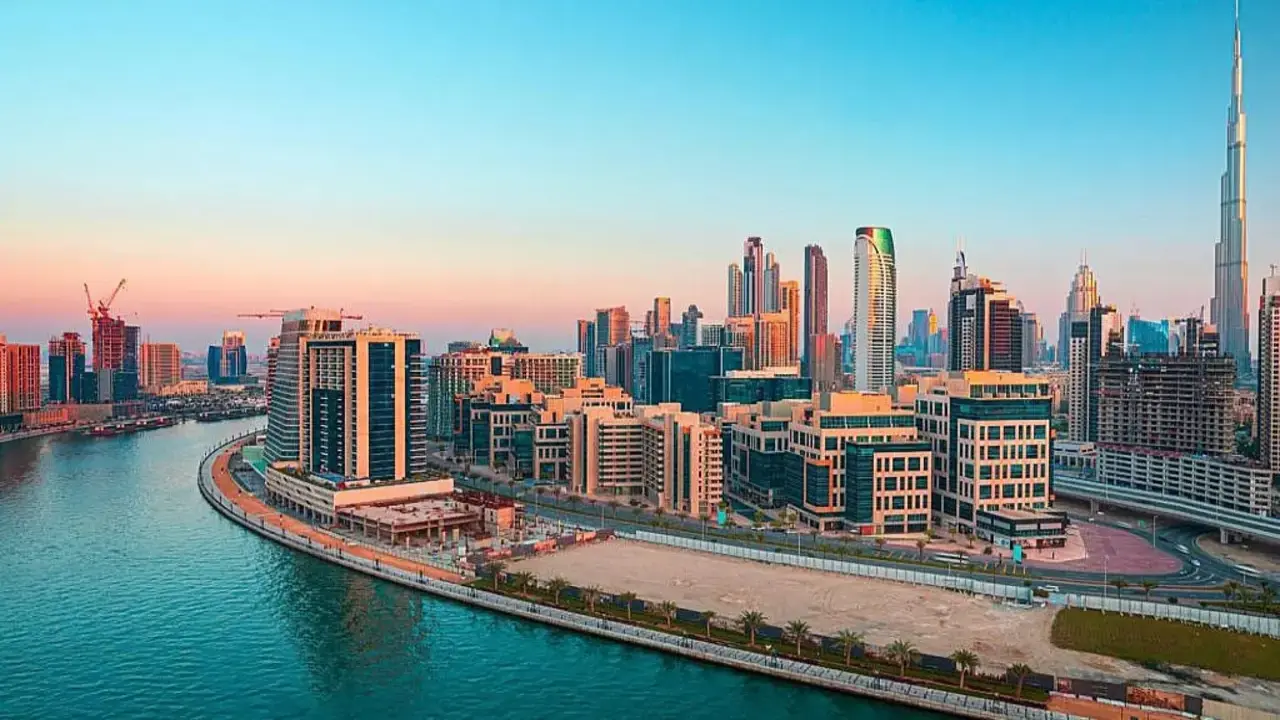
The returns on the commercial property in Dubai are normally higher than those on the residential ones. Yields typically average between 7-9 per cent, and some of the better locations, such as Business Bay, DIFC, and JLT, can attract higher rates. Commercial property provides a higher and steadier ROI to investors who want vibrant cash flow. This is a good choice for the mature investors who seek to generate maximum profitability in the competitive property environment in Dubai.
In contrast to residential leases, which tend to be yearly, commercial properties tend to lock tenants in three-to five-year leases. This minimises the risk of vacancy and offers landlords a greater predicted cash flow over a longer term. Corporate tenants are also likely to be more financially stable than individuals, which reduces the chances of defaulting.
As is the case with the Dubai commercial market, fit-outs of commercial properties are usually in the hands of the tenant, and it is quite possible that they incur both utilities and service expenses. This saves the landlord in terms of finances and enables them to save a larger amount of their rental profits.
Dubai, as an international business centre, is the source of a constant demand for high-value office and retail spaces. Areas like DIFC, Business Bay and Dubai Marina are always prime spots to draw MNCs, startups and SMEs. Commercial demand is particularly strong because of the legacy of Expo 2020 and the growing number of trade and financial links around the world, which Dubai is serving.
Dubai has one of the most attractive business tax environments in the world. By having no corporate tax on most industries, corporations are able to run more profitably, and as such, commercial property owners stand to profit directly based on increased tenant stability and demand. This tax benefit increases rental security and increases overall commercial property investment returns.
Commercial properties tend to be much more capital-intensive to buy, as compared to residential units. Top-tier offices or shopping in locations such as DIFC or Downtown Dubai might require multimillion-dirham investments. Such a high barrier to entry decreases access to smaller investors and increases susceptibility to financial risk.
The demand for commercial property in Dubai is highly related to the performance of the business and the international economic situation. In recessions, firms can reduce or even shut down, and this will mean more vacancies and less rental revenue. Retail locations are especially sensitive to the trends in consumer spending, and office space can experience a sudden decline in demand when an economy is in recession.
It could take much time to fill a vacant commercial building as compared to leasing a residential unit. Businesses will tend to have certain locations, layouts and terms that are preferred, and the tenant search process becomes multiplex. An empty office or a retail shop in Dubai can be left without tenants for several months, especially in secondary locations.
The sale of a commercial property in Dubai is usually longer and more complicated than that of a residential unit. There are fewer buyers, and, in most cases, they are companies or advanced investors, making reselling harder. Such reduced liquidity can create obstacles to investment plans if liquidity becomes temporarily constrained in down markets, forcing sellers to accept lower offers than they could in the fast-moving residential resale market.
In Dubai, residential and commercial properties provide interesting prospects, but the right choice depends on your investment goals and risk tolerance. Single-family residential real estate assures stability, facilitation of resale, as well as high tenant demand, and hence it is a perfect portfolio that an uninformed or new investor can indulge in.
In a commercial property, however, the returns are higher and tenancy is more prolonged, but they demand more capital investment, and they may be more market cycle-prone. Dubai has a high potential for real estate investment given the tax-free income, good government security, and global demand. The key is aligning property type with your financial strategy and long-term objectives.

Your gateway to offline planning in the digital realm. Discover a world of real estate opportunities through our immersive offline property website experience
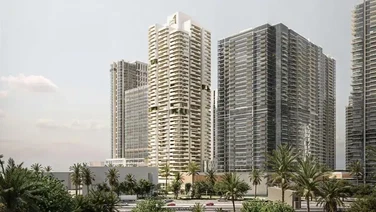
Apartments
Penthouses
Duplexes
AED 4,400,000
Al Wasl
2, 3, 4 & 5
1946 - 8253 Sq Ft
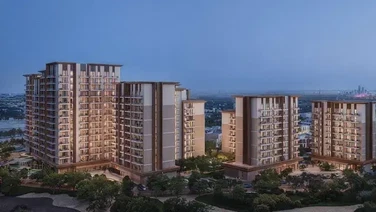
Apartments
AED 1,594,000
Expo City Dubai
1, 2 & 3
889 - 2403 Sq Ft
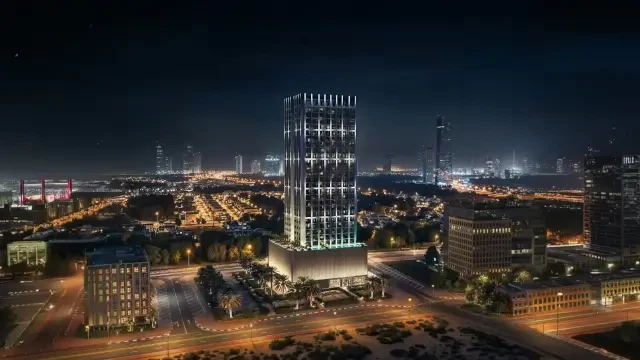
Apartments
Studios
AED 764,999
Jumeirah Village Circle
Studio, 1 & 2
341 - 1827 Sq Ft
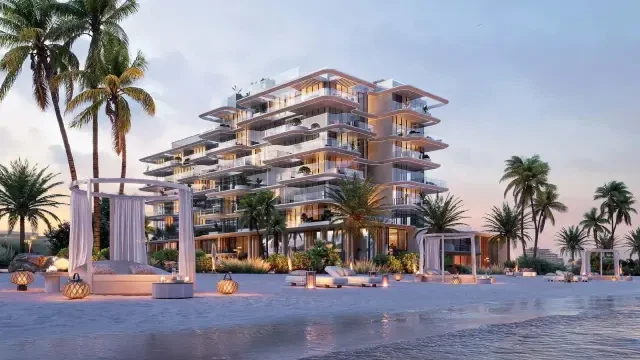
Apartments
Penthouses
Townhouses
AED 2,500,000
Dubai Islands
1, 2 & 3
898 - 3312 Sq Ft
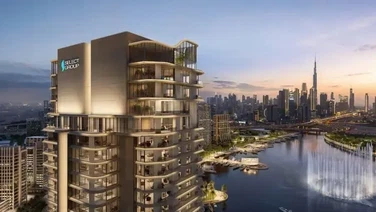
Apartments
Penthouses
Duplexes
AED Coming soon
Dubai Design District
1, 2, 3 & 4
738 - 7767 Sq Ft

Apartments
AED 840,000
Jumeirah Village Circle
Studio, 1, 2 & 3
381 - 1326 Sq Ft

Apartments
Penthouses
Duplexes
AED 4,400,000
Al Wasl
2, 3, 4 & 5
1946 - 8253 Sq Ft

Apartments
AED 1,594,000
Expo City Dubai
1, 2 & 3
889 - 2403 Sq Ft

Apartments
Studios
AED 764,999
Jumeirah Village Circle
Studio, 1 & 2
341 - 1827 Sq Ft

Apartments
Penthouses
Townhouses
AED 2,500,000
Dubai Islands
1, 2 & 3
898 - 3312 Sq Ft

Apartments
Penthouses
Duplexes
AED Coming soon
Dubai Design District
1, 2, 3 & 4
738 - 7767 Sq Ft

Apartments
AED 840,000
Jumeirah Village Circle
Studio, 1, 2 & 3
381 - 1326 Sq Ft

Commercial
AED Coming soon
Damac Lagoons
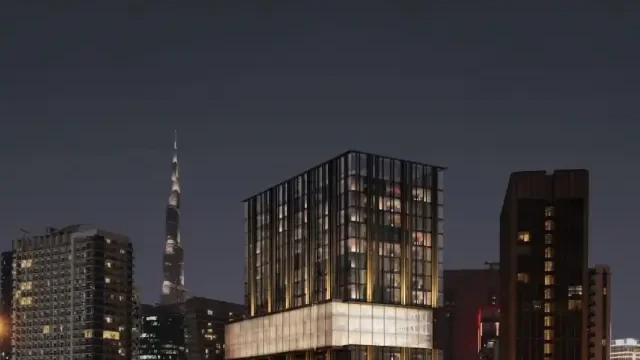
Commercial
AED Coming soon
Business Bay
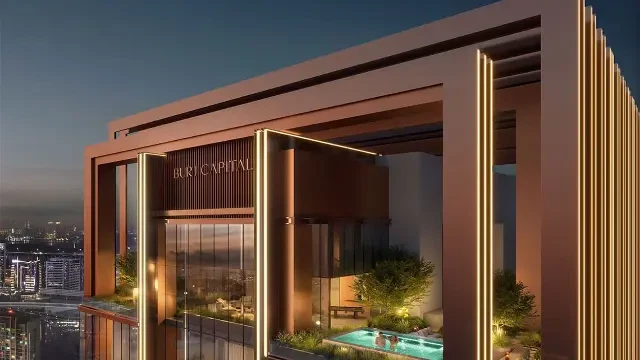
Commercial
AED Coming soon
Business Bay

Apartments
Commercial
Penthouses
AED 2,000,000
Meydan
1, 2 & 3
640 - 4244

Apartments
Commercial
AED 1,900,000
Sheikh Zayed Road
1, 2 & 3
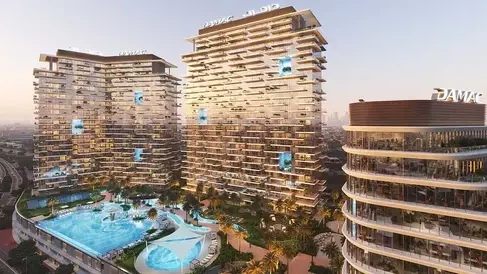
Apartments
Commercial
AED 1,142,000
Damac hills
1 & 2
740 - 6588 Sq Ft

Apartments
Penthouses
Duplexes
AED 4,400,000
Al Wasl
2, 3, 4 & 5
1946 - 8253 Sq Ft

Apartments
Penthouses
Duplexes
AED Coming soon
Dubai Design District
1, 2, 3 & 4
738 - 7767 Sq Ft

Apartments
Penthouses
Duplexes
AED 3,600,000
Downtown Dubai
1, 2, 3, 4, 5 & 6
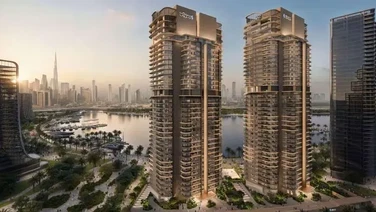
Apartments
Penthouses
Duplexes
AED 2,300,000
Dubai Design District
1, 2, 3 & 4
741 - 1988 Sq Ft
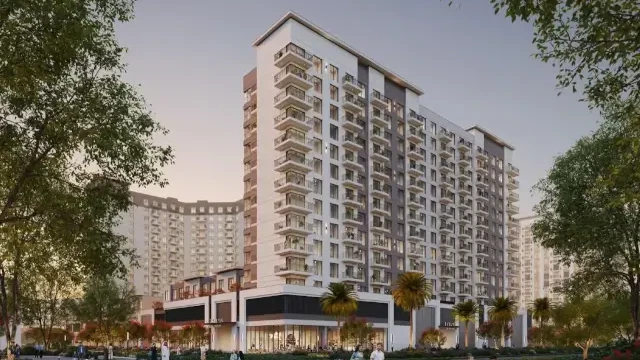
Apartments
Duplexes
AED 1,069,888
Town Square Dubai
1, 2 & 3
609 - 1808 Sq Ft
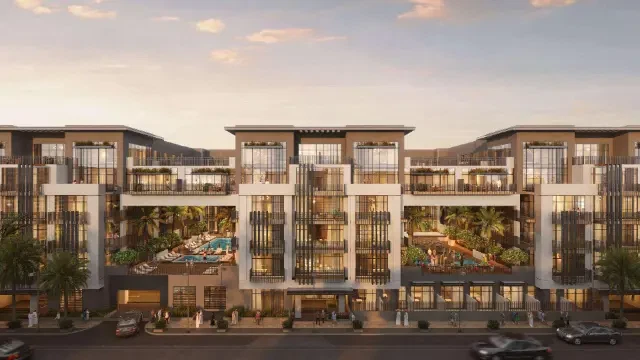
Apartments
Duplexes
Studios
AED 800,000
Jumeirah Village Circle
Studio, 1, 2 & 3
496 - 2,888 Sq Ft
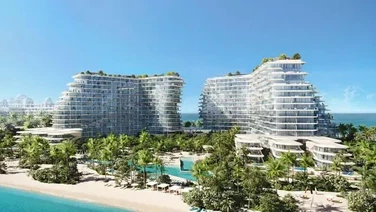
Apartments
Penthouses
Mansions
AED Coming soon
Palm Jumeirah
2, 3, 4, 5 & 6
1541 - 12382 Sq Ft
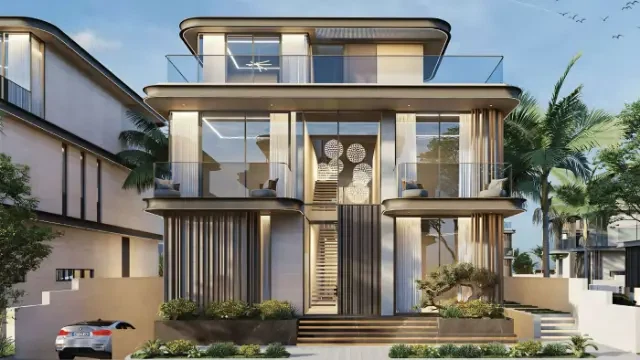
Villas
Mansions
AED 20,000,000
Mohammed bin Rashid City
5 & 6
13,007 - 13,568 Sq Ft
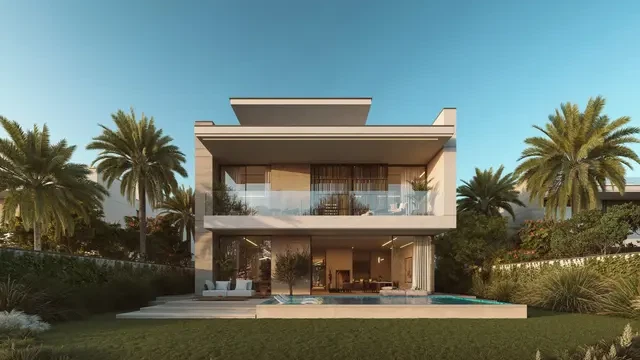
Villas
Mansions
AED 11,800,000
Jumeirah Golf Estates
4, 5 & 6
6069 - 10762 Sq Ft
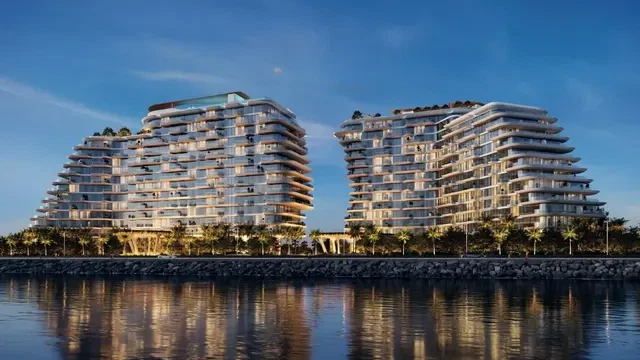
Apartments
Penthouses
Mansions
AED 5,500,000
Palm Jumeirah
1, 2, 3, 4, 5 & 6
940 - 11830 Sq Ft

Mansions
AED 65,000,000
Jumeirah
7
41550 - 49062 Sq Ft

Mansions
AED Coming soon
Tilal Al Ghaf
6 & 7

Apartments
Penthouses
Duplexes
AED 4,400,000
Al Wasl
2, 3, 4 & 5
1946 - 8253 Sq Ft

Apartments
Penthouses
Townhouses
AED 2,500,000
Dubai Islands
1, 2 & 3
898 - 3312 Sq Ft

Apartments
Penthouses
Duplexes
AED Coming soon
Dubai Design District
1, 2, 3 & 4
738 - 7767 Sq Ft

Apartments
Penthouses
Mansions
AED Coming soon
Palm Jumeirah
2, 3, 4, 5 & 6
1541 - 12382 Sq Ft

Apartments
Penthouses
Duplexes
AED 3,600,000
Downtown Dubai
1, 2, 3, 4, 5 & 6

Apartments
Penthouses
Duplexes
AED 2,300,000
Dubai Design District
1, 2, 3 & 4
741 - 1988 Sq Ft

Apartments
Studios
AED 764,999
Jumeirah Village Circle
Studio, 1 & 2
341 - 1827 Sq Ft
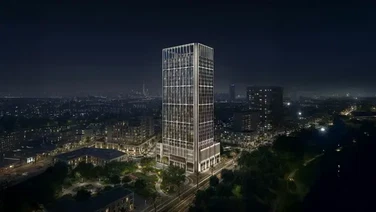
Apartments
Studios
AED 766,999
Jumeirah Village Triangle
Studio, 1 & 2
336 - 1859 Sq Ft

Apartments
Studios
AED Coming soon
Damac Lagoons
Studio, 1 & 2
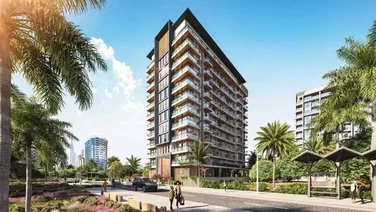
Apartments
Studios
AED 580,000
Dubai Land Residence Complex
Studio, 1 & 2
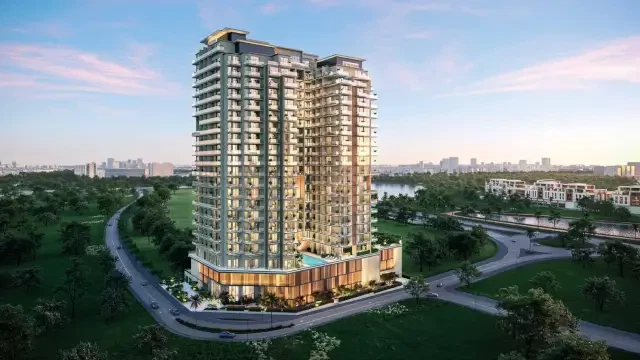
Apartments
Studios
AED 650,000
Dubai Production City
Studio, 1, 2 & 3
404 - 2092 Sq Ft
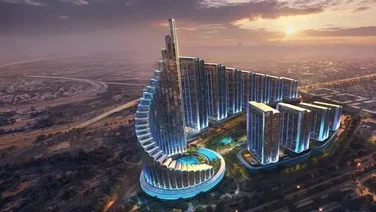
Apartments
Studios
AED 1,600,000
Meydan
Studio, 1, 2 & 3
370 - 1568 Sq Ft

Apartments
Penthouses
Townhouses
AED 2,500,000
Dubai Islands
1, 2 & 3
898 - 3312 Sq Ft

Villas
Townhouses
AED Coming soon
Dubailand

Villas
Townhouses
AED 6,150,000
Nad Al Sheba
3, 4 & 5
3252 - 5650 Sq Ft
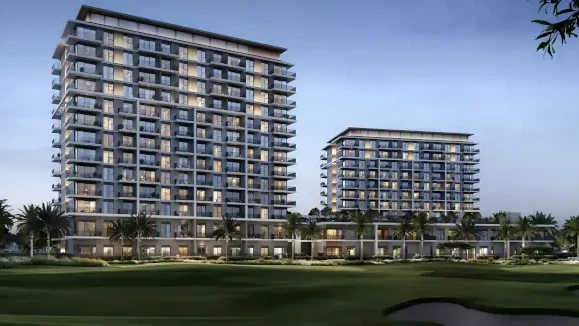
Apartments
Townhouses
AED 1,270,000
Emaar South
1, 2 & 3
788 - 2728 Sq Ft
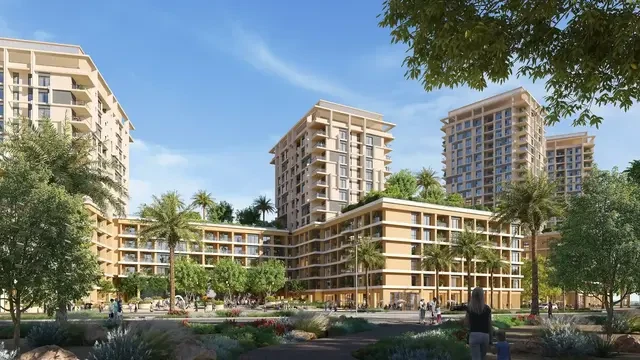
Apartments
Studios
Penthouses
Townhouses
Duplexes
AED 900,000
Wasl Gate
Studio, 1, 2, 3 & 4
523 - 1982 Sq Ft

Villas
Townhouses
AED Coming soon
Dubai Investments Park

Villas
AED 16,550,000
The Oasis
4, 5 & 6
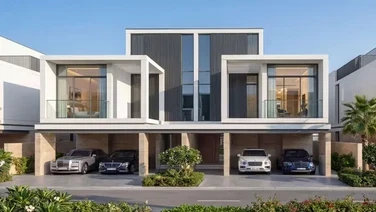
Villas
AED Coming soon
Sobha Sanctuary
4 & 5
2520 - 4154 Sq Ft

Villas
AED Coming soon
Sobha Sanctuary
4, 5 & 6
4905 - 7191 Sq Ft
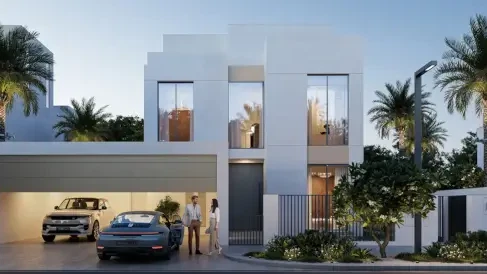
Villas
AED Coming soon
The Heights Country Club & Wellness
3, 4 & 5

Villas
AED Coming soon
Nad Al Sheba
3, 4, 5 & 6

Villas
Townhouses
AED Coming soon
Dubailand
Subscribe to our Daily, Weekly and Monthly Newsletters, Expert Advice and Latest Launch with Zero Spam, Unsubscribe Anytime.